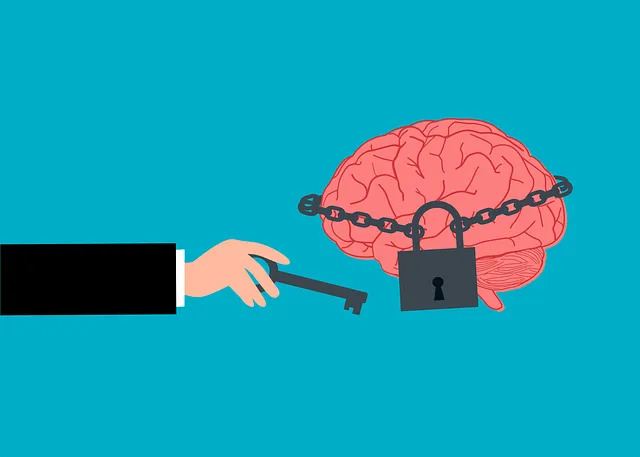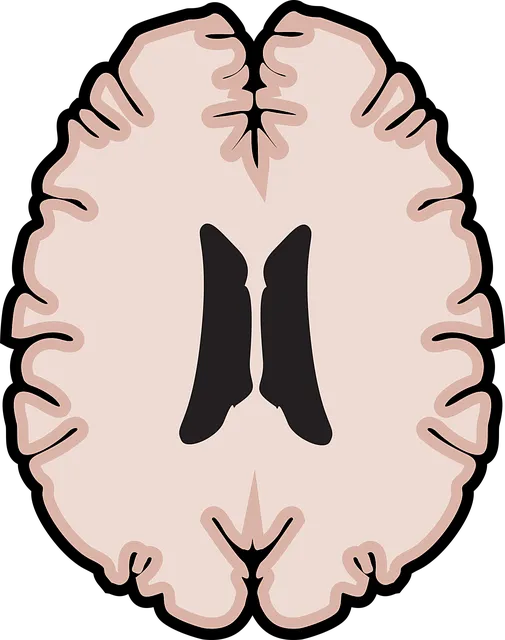The Wheat Ridge Kaiser Permanente Mental Health Appointment Center offers comprehensive, patient-centered care through a multidisciplinary team, empowering individuals to manage their emotional well-being. Their innovative practices and advocacy initiatives break down stigmas, educate communities, and improve access to mental health resources. By combining clinical expertise with community engagement, this center serves as a model for transforming mental healthcare, fostering trust, and enhancing the resilience of entire communities.
“Mental health advocacy initiatives play a pivotal role in fostering community well-being, and few institutions embody this more powerfully than the Wheat Ridge Kaiser Permanente Mental Health Appointment Center. This article explores the profound impact of such initiatives, offering insights into successful strategies and engaging success stories from communities worldwide.
We delve into the operational aspects of the Wheat Ridge center, highlighting its innovative approach to mental health care. Additionally, we examine challenges faced in advocacy efforts and practical solutions to overcome them.”
- Understanding Wheat Ridge Kaiser Permanente Mental Health Appointment Center
- The Impact of Mental Health Advocacy Initiatives
- Strategies for Effective Mental Health Advocacy
- Success Stories: Community Engagement in Mental Health Advocacy
- Overcoming Challenges: Barriers to Mental Health Advocacy and How to Address Them
Understanding Wheat Ridge Kaiser Permanente Mental Health Appointment Center

The Wheat Ridge Kaiser Permanente Mental Health Appointment Center stands as a beacon of hope and support for individuals navigating mental health challenges. This specialized center is designed to offer comprehensive care, focusing on various aspects of mental wellness. Through a multi-disciplinary approach, it provides services ranging from therapy sessions to crisis intervention, ensuring that patients receive tailored support. The center’s expertise lies in its ability to cater to diverse needs, whether it’s managing mood disorders, teaching effective communication strategies, or implementing burnout prevention techniques for healthcare providers.
By fostering an environment of understanding and compassion, the Wheat Ridge Kaiser Permanente center aims to break down stigmas associated with mental health. It prioritizes patient-centered care, empowering individuals to take charge of their emotional well-being. Through innovative practices and a dedicated team, this appointment center is revolutionizing mental healthcare, making it more accessible and effective for those in need.
The Impact of Mental Health Advocacy Initiatives

Mental health advocacy initiatives play a pivotal role in shaping public perception and improving support systems for individuals grappling with mental illness. These efforts are crucial in reducing the mental illness stigma that often prevents people from seeking help, creating a safer space for emotional healing processes to begin. By raising awareness and fostering understanding, these initiatives break down barriers, encouraging open conversations about mental health challenges.
Focusing on strategies like education campaigns, community outreach programs, and policy reforms, organizations such as the Wheat Ridge Kaiser Permanente Mental Health Appointment Center are at the forefront of these advocacy efforts. Their work targets not only anxiety relief but also broader mental wellness, ensuring that resources and support are accessible to all who need them. Through such initiatives, communities become more equipped to recognize and respond to mental health concerns, ultimately fostering a more compassionate and inclusive environment.
Strategies for Effective Mental Health Advocacy

Mental health advocacy initiatives are instrumental in creating a supportive environment for individuals seeking care. One effective strategy involves Wheat Ridge Kaiser Permanente mental health appointment center as a model, where integrated services and accessible resources play a pivotal role. By combining clinical expertise with community engagement, these centers can significantly impact the lives of those struggling with mental health issues. For instance, implementing Community Outreach Program Implementation allows advocates to connect with underserved populations, reducing barriers to care and fostering trust in mental health services.
Additionally, promoting Self-Care Practices and Trauma Support Services is essential within these advocacy initiatives. Educating communities about the importance of self-care empowers individuals to take proactive steps towards their well-being. Equally, trauma support services cater to a significant portion of the population, ensuring that those with complex mental health needs receive specialized care. Through such comprehensive approaches, advocacy groups can effectively address the multifaceted aspects of mental health, ultimately leading to improved outcomes and enhanced community resilience.
Success Stories: Community Engagement in Mental Health Advocacy

Wheat Ridge Kaiser Permanente’s mental health appointment center has been a beacon of hope and healing for countless individuals seeking support. Through innovative community engagement initiatives, the center has transformed lives by fostering open conversations about mental wellness. By integrating Self-Care Routine Development for Better Mental Health into their advocacy efforts, they empower residents to take charge of their well-being. This holistic approach, coupled with Mind Over Matter Principles, encourages individuals to challenge negative thoughts and cultivate resilience.
The center’s success lies in its ability to build Empathy between advocates and community members. Regular workshops and support groups create safe spaces for sharing experiences and offering mutual encouragement. These initiatives not only raise awareness about mental health but also dispel stigma, encouraging those struggling to seek help without fear of judgment. The Wheat Ridge Kaiser Permanente model serves as a powerful example for other communities, demonstrating that collective effort and genuine connection can profoundly impact mental health advocacy.
Overcoming Challenges: Barriers to Mental Health Advocacy and How to Address Them

Mental health advocacy faces several challenges that often hinder progress and limit access to quality care. One significant barrier is the stigma surrounding mental illness, which can deter individuals from seeking help. Many people still view mental health issues as a sign of weakness or personal failure, leading to embarrassment and a reluctance to discuss their struggles openly. Overcoming this requires concerted efforts from healthcare providers, community leaders, and media outlets to promote understanding and empathy.
Another challenge is the lack of accessible resources, particularly in underserved communities. For instance, areas like Wheat Ridge Kaiser Permanente mental health appointment centers may face difficulties in reaching those who need support due to geographical barriers or limited insurance coverage. Implementing strategies such as expanding teletherapy services, offering sliding scale fees, and integrating mental health education into schools can help address these disparities. Additionally, cultural sensitivity in mental healthcare practice is essential. Understanding and respecting diverse cultural beliefs and practices related to mental well-being can foster trust and encourage individuals from various backgrounds to seek the support they deserve. Risk assessment for mental health professionals is also crucial; ensuring therapists are equipped with the necessary tools to identify and manage their own well-being prevents burnout and promotes a sustainable self-care routine development for better mental health.
Mental health advocacy initiatives, as exemplified by centers like the Wheat Ridge Kaiser Permanente mental health appointment center, play a pivotal role in fostering community engagement and improving access to care. By employing effective strategies and overcoming barriers, these initiatives have the potential to revolutionize mental healthcare. Success stories from around the globe highlight the power of community involvement in advocating for better mental health services. Through continued efforts and collaborative approaches, we can create a more inclusive and supportive environment, ensuring that everyone has access to the resources they need for optimal mental well-being.






